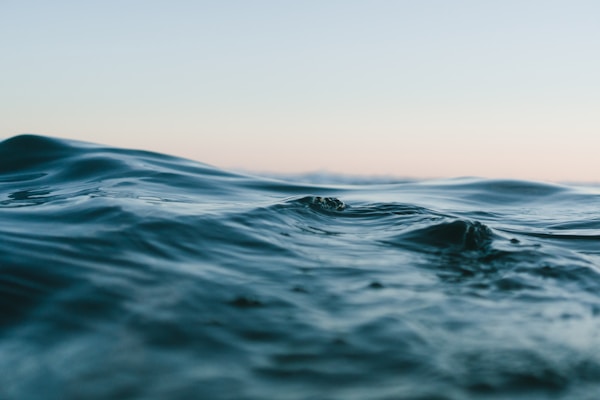
By April Day, Publishing Director for Save The Water™ | April 18, 2020
Social distancing is one way to slow the spread of the new coronavirus. Another one is handwashing, using soap and water. But many people all over the world lack access to safe, clean water. Here, we will look at two examples: disadvantaged people in India, and the Navajo Nation, an Indigenous nation in the United States.
Many people in India lack access to water infrastructure.
To be sure, those deaths relate to diseases from unclean water. According to one source, 20% of people in urban areas of India don’t have facilities at home to wash their hands with soap and water. We wrote about these public health challenges here. Remember, handwashing is one first line of defense against the new coronavirus.
Now, let’s turn to the United States. Many people in the Navajo Nation, an Indigenous nation in the United States, can’t comply with stay-at-home orders because they must leave home every day to get water. Also, some still use outhouses, which aren’t as sanitary as regular toilet facilities. Here are some facts:
Professor Nadeo at the University of Salerno noted that because of globalization, people face new health risks. He said, “In a responsible and ideal scenario, the governments of developed countries must support and finance water and sanitation systems in developing countries, in order to also protect the citizens of their own countries.” We couldn’t agree more.
We wrote about water challenges facing Indigenous communities here and here. As an organization, we believe in safe, healthy water for all.
You can help by donating to either specific funds for these and similar communities during the covid-19 crisis or you can donate to organizations dedicated to getting clean, safe water to all people.